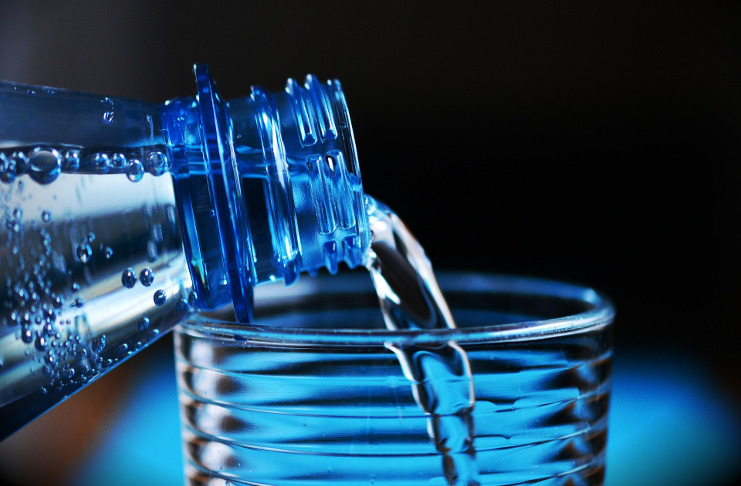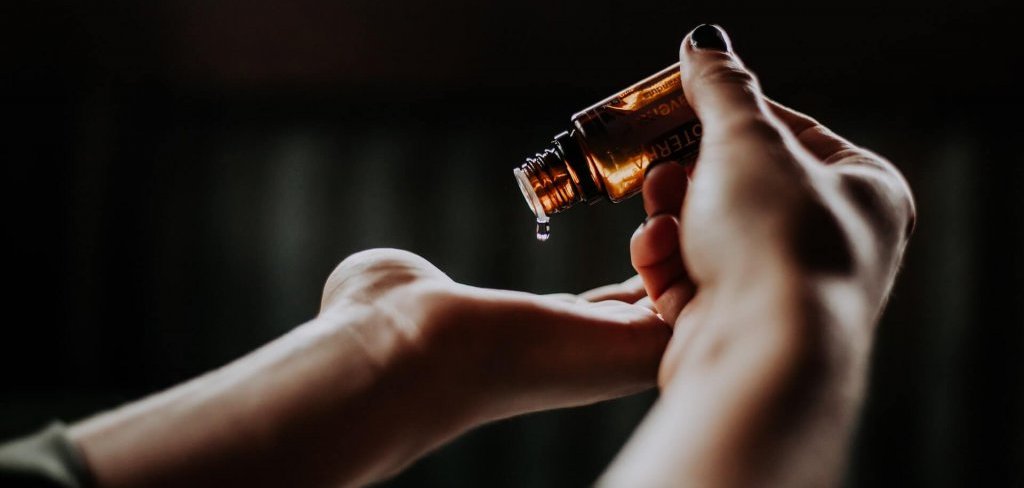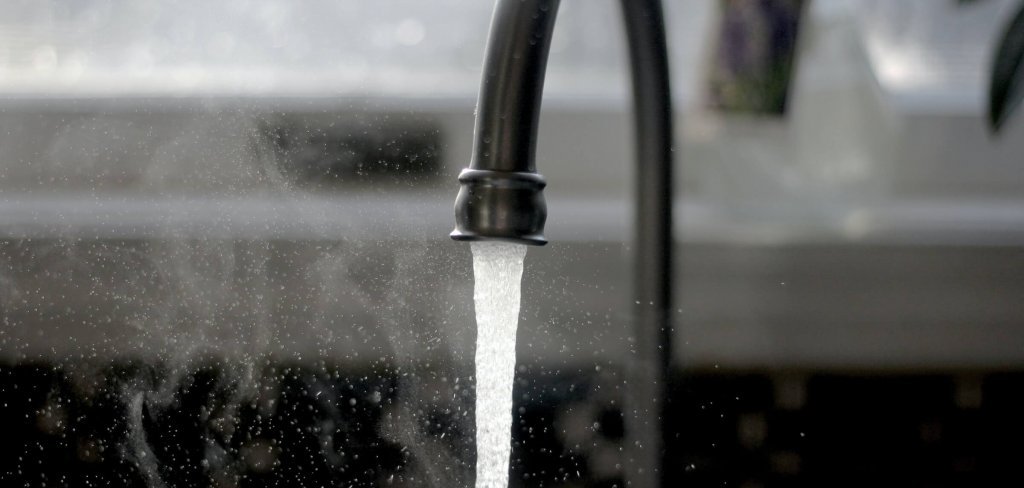Water retention is unsightly and uncomfortable to those who suffer from it. Most women struggle with water retention during their menstrual cycles and during pregnancy. Both men and women suffer with water retention at different points in their lives for a variety of different reasons.
This article will detail the most common causes of water retention problems and the most effective ways to help reverse this problem when it hits.
Common causes of water retention
High sodium intake
The jury is still out on whether excess sodium causes health problems like high blood pressure. However, it’s a well-known fact that eating too many sodium rich foods definitely causes the body to retain more water. Basically, the body is designed to maintain a water-to-sodium ratio similar to sea water. So, when more sodium is consumed, more water is retained to maintain that balance.
High carbohydrate intake
High carbohydrate intake causes water retention because when large amounts of glycogen (stored carbs) are present in the body, our kidneys hold onto more sodium in response. More sodium, as described, causes the body to hold more water to maintain water-to-sodium balance.
Medications
There’s an endless list of medications that can make you hold more water than normal in the body. Everything from NSAIDs like Aspirin and ibuprofen, to corticosteroids, birth control pills, diabetes medications, and blood pressure medications can cause water retention. Many of these medications are also hard on the liver and cause other complications.
Hormonal imbalance
Hormones need to be balanced in order for the body to work as efficiently as possible. When hormonal imbalances related to thyroid, adrenal and insulin levels (Ie., diabetes) occur, the body may excrete more water than it should, or hold on to extra water unnecessarily.
Extreme hot or cold weather
We may visibly sweat more when it’s hot out, but our body is constantly losing moisture when it’s cold out too, for a variety of reasons. Our body is great at adapting to changes in our environment to preserve the resources we need to survive. Since water is the one thing we can’t live without for very long, it should come as no surprise that we’re more thirsty during hot periods and that the body releases less water than it would normally. People hold less water when it’s extremely cold. That’s only because the thirst mechanism is dampened — most people hold less water in such conditions because they’re dehydrated and don’t know it.
Flying
The cabin pressure and changes in gravity and air pressure when we fly cause the body to hold more water. Often, the water retention is localized in areas like the face and legs. This is more common on long flights such as when traveling to far off destinations, but frequent short trips can also cause water retention.
Dietary deficiencies
There are a number of diet issues that can cause water retention, aside from sodium and carbohydrate intake. A low protein intake, common with vegetarians and people in less developed countries, causes the body to hold more water. Mineral deficiencies are also a concern, with potassium, magnesium, manganese and calcium being likely causes of water retention. Last, B vitamin deficiencies, primarily B1, B5 and B6 often lead to water retention issues.
Severe health problems
Heart, kidney or liver disease causes water retention. If you notice you’re holding more water than usual, with none of the above causes being a concern, get to the doctor right away and get checked out.
How to reverse water retention
No one should follow the advice below unless you’ve visited your doctor recently and confirmed you don’t have any serious health problems. With that said, reversing water retention isn’t rocket science, and you don’t need to buy expensive diuretics and other supplements to achieve that goal.
Exercise
Just twenty minutes of intense exercise that raises your body temperature can help to reverse water retention. Continuous daily exercise also prevents water retention in the first place.
Avoid long term sitting and standing
This could be lumped in with exercise, but just moving can help reduce water retention in the lower extremities. When we sit or stand for long periods, water drains to our legs and feet.
Lower sodium and sugar intake
As you’ve already learned, both are primary causes of water retention in people of all ages. Lowering either or both will result in rapid water loss. If you’re guilty of over-consuming either, all other methods to reduce water retention will fail (short of extreme dehydration!)
Eat diuretic foods
There are several foods that are known to reduce mild water retention. Cabbage, celery, cucumber, and most salad greens will make you hold less water due to their high concentrations of potassium, magnesium, and B vitamins. Bananas are also popular for water retention relief, due to their high potassium level. Last, many people swear by cranberry juice as it’s a confirmed mild diuretic.
Consider alternatives to medication
Do research into the medications you’re taking and determine if there are other options you haven’t considered. For instance, type II diabetes can often be controlled by diet and exercise. Most blood pressure medications are now considered to do more harm than good, and modern research indicates that doctors often recommend them far too early on, and don’t educate people how to lower their numbers naturally.
Bathe in Epsom salts
Epsom salt baths are the perfect way to relax after a long day. The high levels of magnesium that pass through the skin can also help to reverse and prevent water retention.
All natural diuretics
Natural diuretics (see on Amazon) can contain a number of helpful nutrients that can reverse water retention. Most contain ingredients like electrolytes, potassium, B vitamins, dandelion root and cranberry extract.
Water retention can be reversed
The tips listed above will definitely help you to reverse your water retention issues. Diuretic drugs should be a last concern and only used under instruction from your doctor.
Most incidents of water retention are temporary, meaning you might not have to do anything other than wait until your body rebalances whatever issue is causing the retention in the first place.




